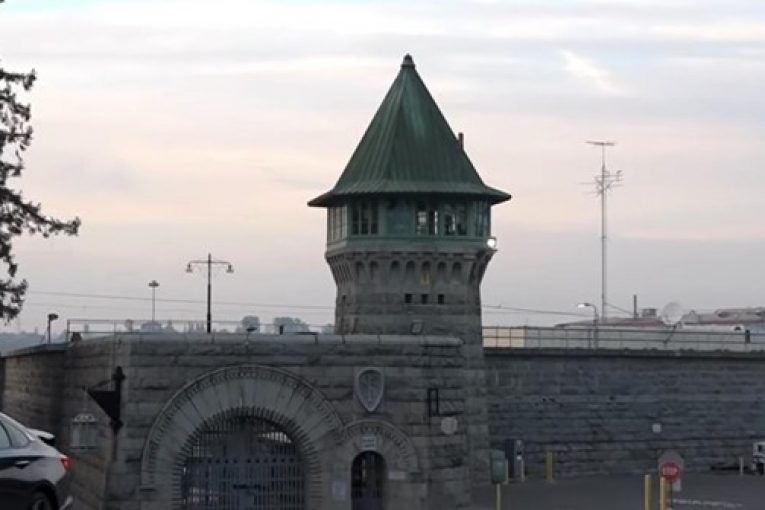


By Ricky Ortega
Life without parole; free falling into the black hole of prison life. It’s where the spirit cries softly in the night while disguising its tears in the daylight. A place where the desire to be free is met with the guilt of taking a human life; a clashing of two worlds in a struggle for survival.
On the day I was sentenced, I was placed in solitary confinement; frozen in time by the frigid temperatures of a barren world. I was immediately drawn to a small window in the back of the cell where I noticed the sun setting behind the clouds as it began to rain—a sure sign that life still existed. I hadn’t really noticed the rain  before but there was something reassuring about the raindrops cascading down my cell window like a symphony of teardrops falling from heaven. I couldn’t touch them but I felt their connection to me through the glass as they reflected off the moonlight. An epiphany, as if to say, “It’s ok, I will cry with you.”
before but there was something reassuring about the raindrops cascading down my cell window like a symphony of teardrops falling from heaven. I couldn’t touch them but I felt their connection to me through the glass as they reflected off the moonlight. An epiphany, as if to say, “It’s ok, I will cry with you.”
This series of articles will consider how those serving life without parole are rediscovering the life they once took for granted and are seeking a new beginning from a world of isolation—from a world where windows cry.
Henry Sianez has been serving a life without parole sentence for 43 years. “In my younger years, I carried a gun as a body, thinking I would take anything I wanted,” admitted Sianez. “I had no regard for authority or for humanity in general. Along with a drinking problem, it was a matter of time before it all ended abruptly.”
Folsom Prison was a dose of reality for this wayward traveler. “Accepting the outcome of my sentence was the biggest hurdle to overcome. It was like a fatal disease I had to learn to live with. And I wasn’t sure if it was even worth trying,” stated Sianez. “Facing this fork in the road; to give up or to hold on to hope, the days kept getting longer. I didn’t do anything worthwhile in my life that would lead me to believe that things would get better. Then one day while I was in the visiting room, I met the person that would change my life,” recalled Sianez.
As he discovered, rehabilitation is a transformation of the heart, motivated by love for self and for humanity. “Barbara caused me to want to take a closer look at myself and see the need for change from the inside out. We’ve been married now for 39 years and I can honestly say that life has gotten better every day I’ve been with her. I’m 79 years old now and I may or may not get the chance to be with her in the way she deserves. But still, she’s here with me,” exclaimed Sianez.
A true definition of love in a place you least expect it. Barbara Sianez described her relationship with Henry: “My husband and I are doing life without parole. I have found my best friend and soulmate in Henry. We’ve learned together that the best way to deal with life is by taking it one day at a time, treasuring each and every moment we have together.”
Two hearts beating as one, synchronized by the passing of time. Henry and Barbara Sianez have found their connection to life in a most unusual place. Indeed, the spirit of those serving life without parole becomes withered over time, buried beneath the ashes of yesterday. Although we have a responsibility to our past, it’s important for us to keep looking through the windows of the future and be able to see the life that we are still a part of; to watch the mother sparrow build her nest on the window ledge, to see the sky turn so many shades of blue. Above all, to notice when the rains come down and sprinkle hope upon the only place on Earth where windows cry.
